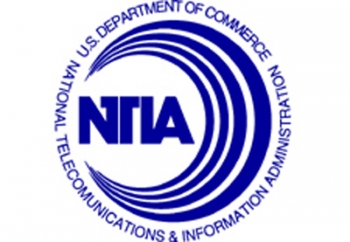A Collaborative Effort to Support Ogden, Utah’s Growing Software Applications Sector
Guest blog post by Acting Assistant Secretary of Commerce for Economic Development Matt Erskine
Today, I joined Mayor Mike Caldwell in Ogden, Utah, to announce a $1 million investment by the Department of Commerce’s Economic Development Administration (EDA) with the Ogden City Corporation to help create a lab that will train workers and provide space for business startups in the growing field of software applications for mobile computing devices.
This new facility will be strategically located in Ogden’s downtown and will be operated by a consortium of experienced, capable partners, including the city of Ogden, Weber State University, the Weber State University Research Foundation, and private-sector industry leaders. It is exactly the type of collaborative partnership that EDA is excited to invest in.
Over a 10-year period, the new facility is expected to create 750 jobs and generate up to $4.6 million in private investment, according to grantee estimates. Its focus on software applications is very timely: You can’t walk down any street today, or sit in any coffee shop for long, without seeing smart phones and tablet computers all around you. And while it’s only been a few years since these devices first came on the market, they’ve been a runaway hit ever since: Demand for them has skyrocketed, and with it the demand for applications, or “apps,” that run on them.








